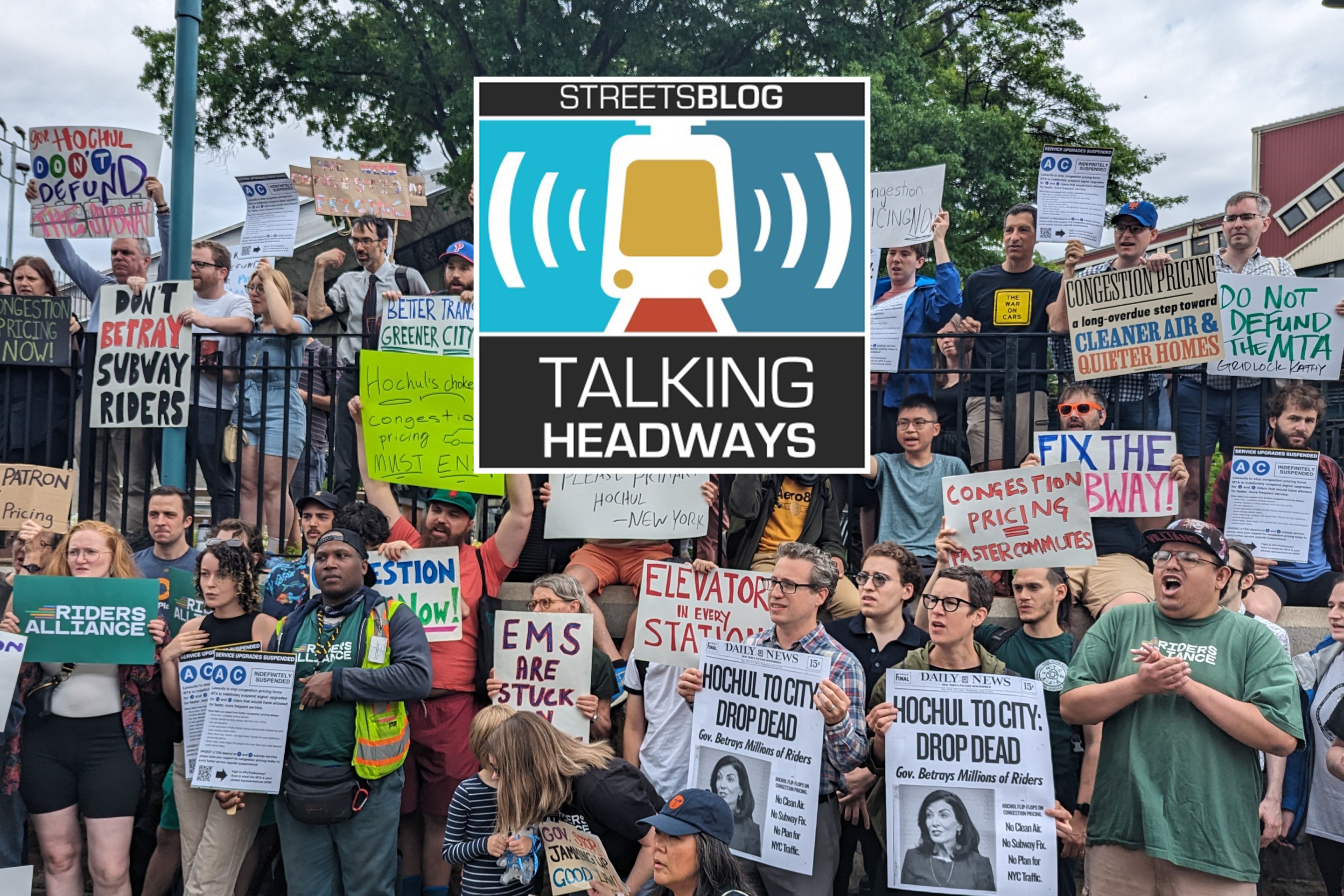Aging infrastructure across the country has become an enormous safety risk. It’s also becoming an economic hazard.
Last year, the Federal Transit Administration announced that the seven largest rail transit systems had a backlog of $50 billion in maintenance needs to bring them into a state of good repair. In June, the agency determined that nationwide, the backlog is nearly $78 billion.
Though these needed repair and maintenance projects may be less impressive to the public than major expansions, they are key to increasing ridership and decreasing costs.
Last week, FTA Deputy Administrator Therese McMillan told the North America Strategic Infrastructure Leadership Forum that the agency is linking good transit maintenance to its livability initiatives. Keeping systems in good repair, she said, is the foundation of safe, reliable rail service that can help draw new residents to vacated areas.
“When we’re looking at the opportunities for in-fill, particularly in our major urban areas, where we can take advantage of the infrastructure we already have, this is where State of Good Repair becomes a very key piece of a livability initiative,” McMillan said. “So it’s not just about building the new stuff into greenfield. It’s about investing and making transit a real value-added as part of these strategic re-investments in communities.”
The Massachusetts Bay Transportation Authority boasts the oldest transit system in America, said Richard Davey, who heads up the MBTA. So maintenance is no small task for them. Ninety-nine percent of the MBTA’s five-year capital plan is for repair and maintenance, which is projected to decrease their debt burden.
Bringing existing infrastructure up to code isn’t always the most popular use of money, especially when agencies have to choose between maintenance and investments that riders perceive more easily. Jeffrey Knueppel of the Southeastern Pennsylvania Transportation Authority (SEPTA) said his agency even takes heat for focusing on safety. “At times we are criticized for not expanding the system, and also at times for not doing the customer amenities projects that other agencies have done,” he said.
But he said prioritizing maintenance is by far the most efficient use of funds. Looking at SEPTA’s bridges, Knueppel said, “We have an opportunity now to rehabilitate most of them, rather than replace them. If we continue to defer spending on our bridges we’ll end up spending a lot more money later to replace these structures.”
So how to pay for it?
Several agencies, including the MBTA, SEPTA, and New Jersey Transit, are looking at their parking assets to augment existing income streams. They’re considering leasing or selling off some of their parking lots. In the Philadelphia suburbs, towns that find themselves short on nighttime parking want to enter into an agreement to use the SEPTA lots during the off-peak hours.
Meanwhile, the FTA is developing proposals on the issue and is beginning to train grantees on asset management, but access to money for repairs is still a difficult prospect for many transit systems.





